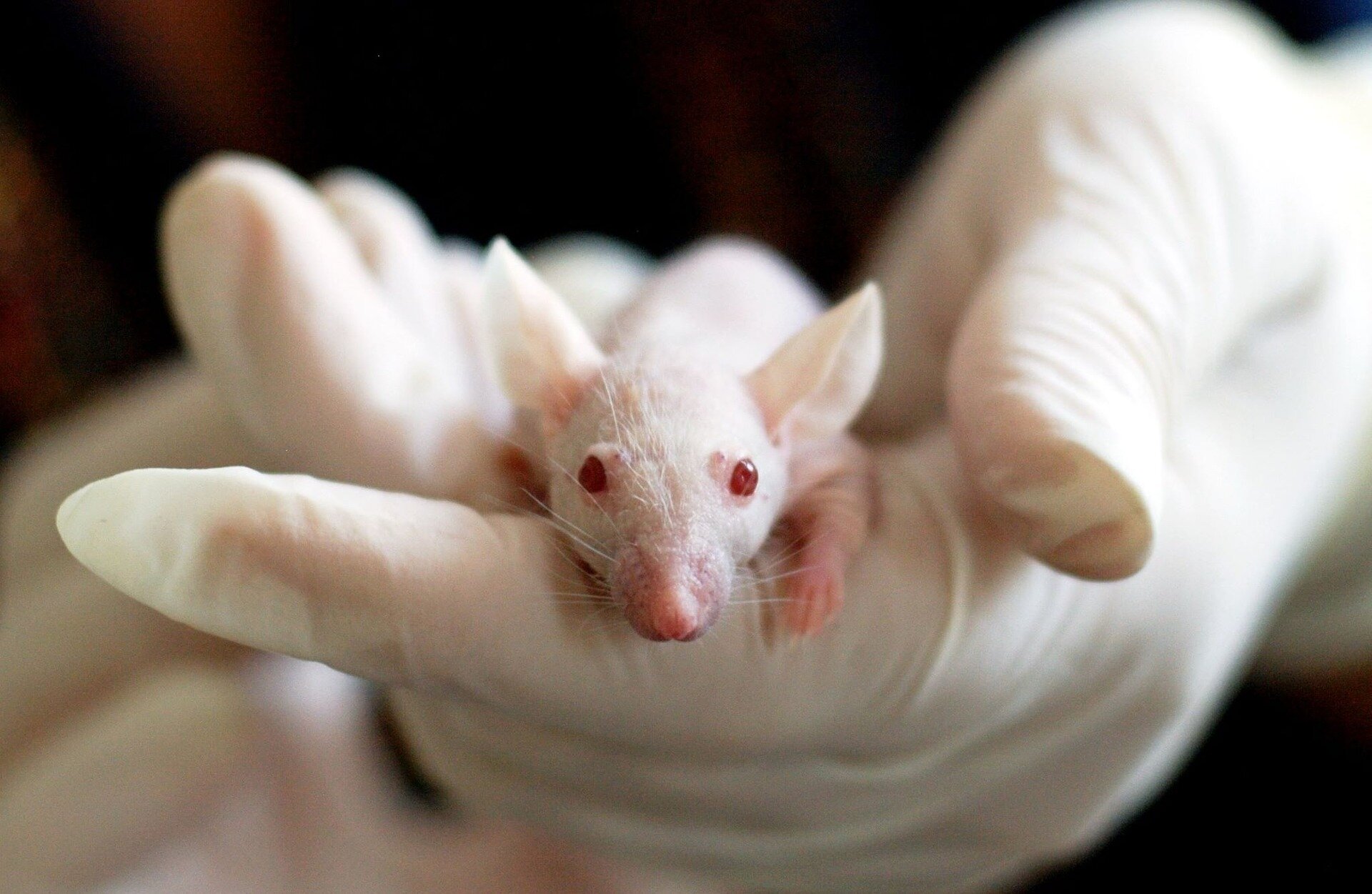The human gut is home to helpful microbes, called the microbiota, who produce molecules known as metabolites. These metabolites are being increasingly recognized for their role in supporting our health. A group of proteins in our body, known as G protein-coupled receptors (GPCRs), can detect these metabolites and trigger important immune responses and other pathways. However, it’s still unclear which metabolites cause these reactions and what kind of immune responses they create.
Now, researchers from Osaka University have discovered that one receptor, called GPR31, is active in a specific type of immune cell found in the gut, known as conventional type 1 dendritic cells (cDC1s). These cells, located in parts of the gut like the ileum, can activate CD8+ T cells, which are key players in the immune system and destroy harmful bacteria, viruses, and even some cancer cells.
The team’s findings, published in the Proceedings of the National Academy of Sciences (PNAS), led them to investigate whether the GPR31 receptor detects bacterial metabolites and activates the immune system. When they tested how different metabolites affected cDC1 cells, they saw an increase in the expression of genes linked to dendrite membranes and filopodia — tiny cell extensions that help the cell interact with its environment, in the presence of pyruvate. This change disappeared when GPR31 was blocked.
“Critically, we could observe under the microscope that dendrites in humans responded to metabolites; dendrites protruded when GPR31 was activated and retracted when we inhibited GPR31,” explains lead author Eri Oguro-Igashira.
The dendrites, when extended out, help dendritic cells sample the gut for foreign substances. When they find something dangerous, they activate immune cells like T cells. The researchers created a model that showed these extensions can pass through the gut lining and that they are drawn to areas with more metabolites, specifically pyruvate. In the presence of pyruvate and GPR31, the cDC1 cells were better at detecting antigens and bacteria, like E. coli, and activating CD8+ T cells.
This study is the first to show that GPR31 plays a key role in the immune response to gut infections in humans and that this process is supported by the metabolites produced by helpful gut bacteria.
“Our research shows that targeting this pathway could be valuable for developing new drugs and mucosal vaccines,” says senior author Kiyoshi Takeda. “Probiotics that produce pyruvate could also help boost our immune response to gut infections.”


